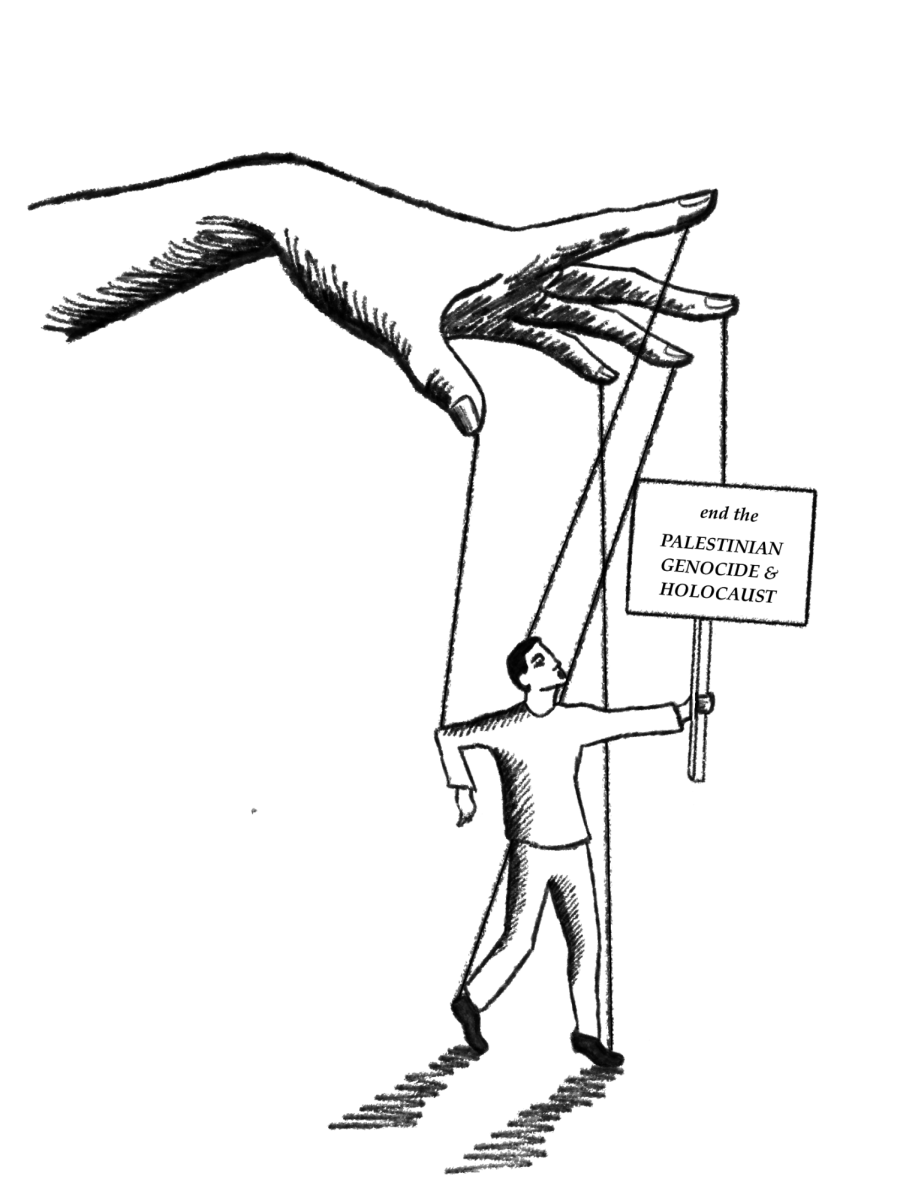Nearly two months after Michael Brown was shot and killed by a Ferguson, Mo. police officer, it has become very clear that the involvement of the Department of Justice in racially-charged investigations has changed. What isn’t clear is why.
If we look back several years to the 2009 shooting of Oscar Grant III by a Bay Area Rapid Transit (BART) Police Officer, we can see just how differently our justice system currently responds to investigations involving police and racially tense cases.
On paper, the situation in Oakland, Calif. in 2009 and the current situation in Ferguson following the killing of Michael Brown by Darren Wilson are nearly identical. A young, unarmed, African-American man is stopped by the police and shot, setting off both peaceful protests and violent riots. However, the similarities end at the nature of the shootings and the responses they triggered.
While the shooting in Oakland was resolved with a criminal trial and a subsequent Civil Rights Investigation by the Federal Bureau of Investigations (FBI), a branch of the Department of Justice, following the release of the verdict, the shooting in Ferguson received near-immediate response from the Department of Justice. As opposed to starting a Civil Rights investigation months after the incident in Oakland, the Justice Department opened its investigation just two days after Brown was shot.
Maybe this discrepancy is due to the increased media attention white-on-black killings have been receiving, but even so, the Department of Justice’s change in action makes less sense the deeper it is looked into, especially considering how little evidence the Ferguson case has when compared to the BART shooting.
At first glance, the BART shooting seemed a textbook instance of racially-charged violence. Videos showing a white officer shooting a black man who was lying face-down on the ground flooded the internet, and it seemed as if there was no question about the officer’s racial biases.
However, in Ferguson, there was no such evidence beyond witness testimonies that directly conflicted each other. Three separate witnesses who claimed to have been at the scene gave their side of the story within the first few days of the investigation, and only one supported the ‘hands up, don’t shoot’ side of the story.
The same ambiguity can be found in Trayvon Martin’s shooting last year and the Ferguson case this year, and the deeper we look, the less concrete evidence we find on either side. However, the Department of Justice seems to be looking backwards rather than forwards.
While this two-day response to a potential racial killing may have been reasonable for the BART shooting, especially considering the evidence that was on hand, it seems less apt in Ferguson now.
It appears as though Justice Department, and other parts of the government, are trying to do damage control now for its mishandling of past racial investigations, but it is not helping it. The case for the civil rights charges is already falling apart, as The Washington Post reported that autopsy records showed gunshot wounds supporting Officer Wilson’s claim that Michael Brown charged him. The Washington Post also reported that an inside source believed that Civil Rights charges were not likely to stick and would probably not be leveled against Wilson.
While the Justice Department may have done too little too late following the BART shooting, it is overcompensating in Ferguson. The Department of Justice has only succeeded in making itself look bad with this investigation, as its case against Darren Wilson has crumbled within a shorter timeframe than it took the FBI to start its investigation into the BART shooting.
The Department of Justice cannot make up for past grievances, and it should not believe that doing so is part of its job. The investigations should be based on what the department believes are injustices, not on what the media does.
Without the media coverage of recent racial killings, it is probable that the current Ferguson investigation would not have occurred, which sets a dangerous precedent for the Department of Justice.
Justice is not decided by popular opinion in the US, and the Department of Justice should be able to distinguish between what people want and what is truly just.








